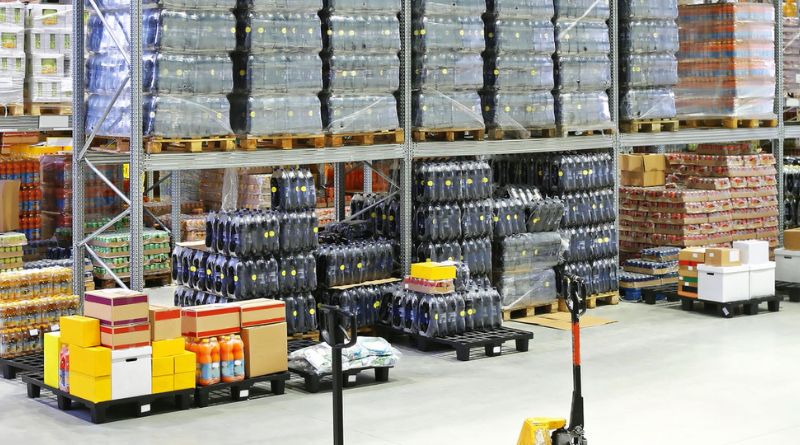Introduction to Warehouse Storage
Warehouse storage is a vital link in the contemporary supply chain and necessary in today’s fast-paced, constantly changing world. The increasing demand for scalable and practical storage solutions results from the growth of worldwide trade networks and the spike in e-commerce. Businesses need a functional warehouse storage facility to stay current with this changing environment.
These facilities allow items to be stored in an organized manner and allow inventory tracking and flow to flow more smoothly. Strategically utilizing storage capabilities aids businesses in controlling expenses and raising service standards in a cutthroat industry. By optimizing storage facility design and strategy, companies can minimize the risk of logistical disruption and significantly increase operational efficiency.
Table of Contents
Critical Benefits of Efficient Storage Systems
Implementing effective warehouse storage solutions has many benefits. They reduce the need for extensive facilities by optimizing the available space, resulting in significant cost savings. Efficient storage systems facilitate expedited order processing by allowing staff to locate products quickly, improving labor productivity and accuracy.
Reducing handling delays and errors improves supply chain efficiency even further. By streamlining these procedures, businesses can expedite order fulfillment and boost client satisfaction. Additionally, more efficient operations lessen supply chain operations’ carbon footprint, which indirectly helps achieve sustainability objectives.
Innovative Storage Solutions
As companies strive to maximize their storage capacity, innovative solutions completely transforming the industry begin to surface. Some cutting-edge technologies that have a significant impact are automated storage and retrieval systems (ASRS), mobile shelving, and video ladder monitors (VLMs). These technologies reduce manual labor requirements by facilitating repetitious process automation while increasing production.
Material Handling & Logistics’ assessment of state-of-the-art warehousing technology demonstrates how companies utilize these solutions to boost capacity while maintaining operational flexibility. With expanded use, these technologies offer a feasible supply chain management innovation and optimization route.
Integrating Technology into Warehouse Management
The integration of technology in warehouse management goes beyond physical storage solutions. Sophisticated warehouse management systems (WMS) and Internet of Things (IoT) devices transform how inventories are tracked and managed. These systems provide real-time data and analytics, aiding in strategic planning and decision-making.
Additionally, Supply Chain Dive notes that AI and robotics are increasingly being applied to warehouse processes, allowing for more intelligent and adaptive operations. Such advancements ensure warehouses remain agile and responsive to market demands. By incorporating predictive analytics and machine learning, businesses can anticipate patterns and optimize inventory levels accordingly.
Real-World Examples of Successful Implementations
Several businesses that have updated their warehouse storage systems have created industry standards. For example, a significant retailer installed an ASRS system, which resulted in a 35% reduction in order processing time. By adopting tech-driven solutions, these businesses increase client satisfaction, efficiency, and accuracy.
Successful real-world initiatives show several directions companies looking to update their storage methods could take. These illustrations show the usefulness of contemporary warehouse solutions and emphasize how crucial innovation is to gaining a competitive edge.
Safety and Sustainability Considerations
While optimizing storage is critical, ensuring safety and sustainability in warehouse operations is equally important. Implementing safety protocols and investing in eco-friendly practices can mitigate risks and reduce the environmental impact of warehousing activities.
Sustainable practices, such as using renewable energy sources and optimizing resource utilization, meet regulatory requirements and can be a significant cost-saver in the long run. Companies adopting sustainable strategies often find that these contribute to brand differentiation and long-term profitability.
Conclusion: Future Trends in Warehouse Storage
Future developments in warehouse storage should be exciting. Emerging developments like drone-based inventory management and supply chain transparency via blockchain technology will bring about another revolution in the business. By staying abreast of these advancements, companies may maintain their leadership position in supply chain innovation.
As the digital revolution continues to disrupt the warehouse business, adopting these creative solutions will be critical to maintaining competitiveness and operational excellence. Companies can build strong supply networks to withstand impending challenges by preparing for these changes.















Leave a Reply